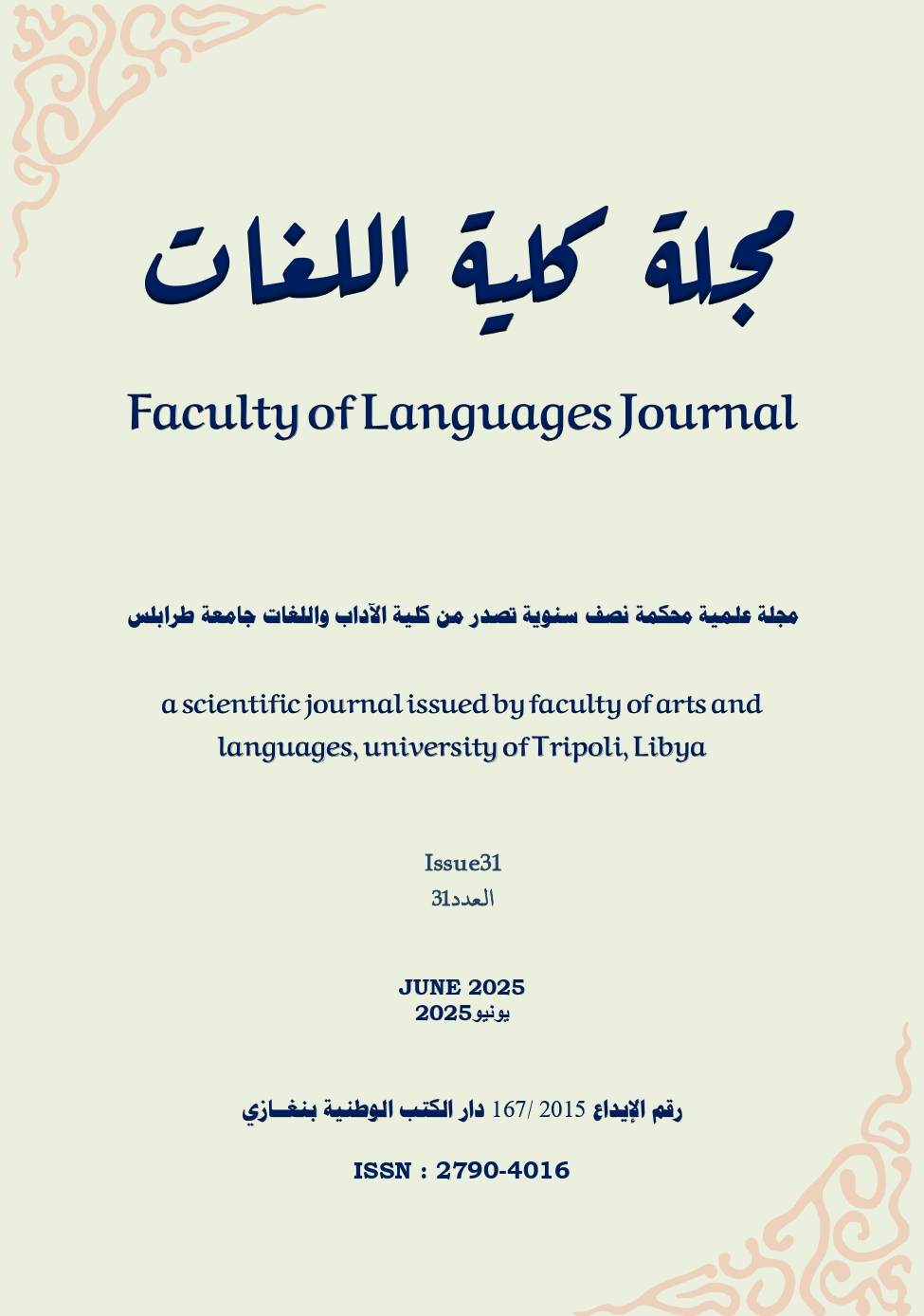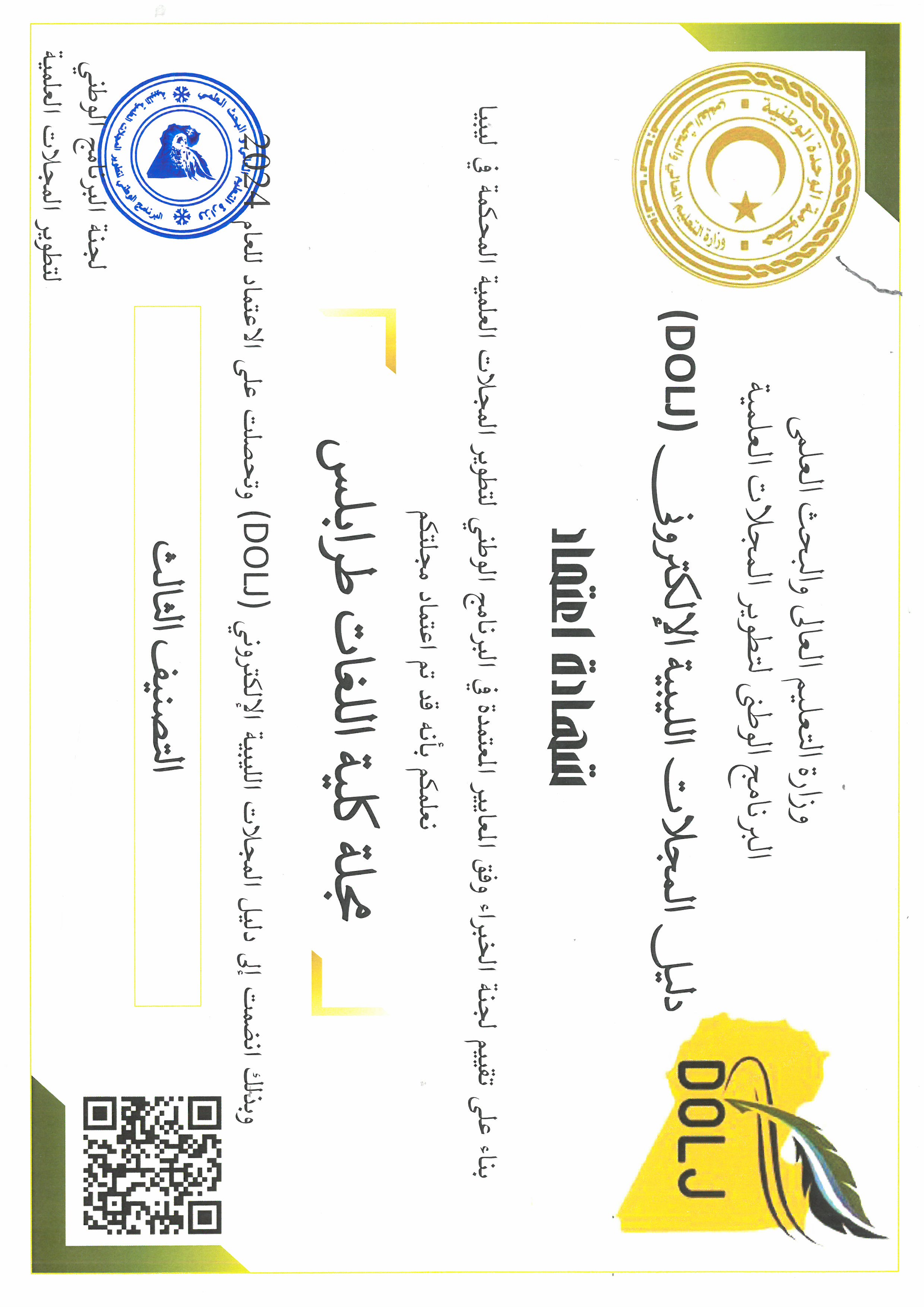أرسطو وابن رشد: "تأثيرات شارح أرسطو العربيّ في البلاغة الغربيّة والعربيّة"
Aristotle and Averroes: The Influences of Aristotle's Arabic Commentator upon Western European and Arabic Rhetoric
الكلمات المفتاحية:
Aristotle; Averroes; Islam; Western Rhetoric; Ibn Rushdالملخص
خلال القرون الممتدّة من التّاسع إلى الثّاني عشر، تُرجمت أعمال أرسطو، بما في ذلك كتاب الخطابة، ودُرست في مراكز التّعليم العربيّة، امتثالًا لأمر النبي محمد ﷺ: "اطلبوا العلم ولو في الصّين." كان ابن رشد (ت1198م) أبرز العلماء الذين كتبوا شروحًا لأعمال أرسطو، ودافع عن فكرة أنّ المنطق والخطابة الفلسفيين عند اليونان الوثنيين يُكملان التّعاليم الإسلاميّة بدلًا من أن يتعارضا معها. أدّى النّهج العقلانيّ الصّارم لابن رشد وتقديره للفلسفة اليونانيّة الوثنيّة إلى صدام مع الاتجّاهات الفكريّة المحافظة في العالم الإسلاميّ في أواخر القرن الثّاني عشر، ما تسبّب في تراجع مكانته في مراكز التّعليم الإسلاميّة. ورغم ذلك، تُرجِمت العديد من أعماله إلى اللاّتينيّة والعبريّة ولغات أخرى، وظلّت تُدرّس إلى جانب أعمال أرسطو في أوروبا في العصور الوسطى. يسعى هذا المقال إلى كشف استمرار تأثير إرث ابن رشد بوصفه أحد شرّاح أرسطو في البلاغة في كلّ من الدّول الغربيّة والعربيّة، ولو بشكل محدود. لكنّه يُبيّن أيضًا أنّ هذه الجهود المتفرّقة لم تستَثمر الإمكانات الكامنة للبحث العميق في هذا الموضوع. وفي سياق التّقليد الفكريّ السّائد في العالم الإسلاميّ، قدّم ابن رشد، ولسنوات قليلة فقط، رؤية ثوريّة مفادها أنّ المنطق، وبالتّالي الخطابة، مستقلاّن عن الإيديولوجيا أو الدّين. ومع ذلك، لا تزال أبعاد هذه الرّؤية غير مستكشفة بالكامل حتّى اليوم

منشور
كيفية الاقتباس
إصدار
القسم
الرخصة
الحقوق الفكرية (c) 2025 Faculty of Languages Journal-Tripoli-Libya

هذا العمل مرخص بموجب Creative Commons Attribution 4.0 International License.
 https://orcid.org/0009-0002-8251-5878
https://orcid.org/0009-0002-8251-5878




